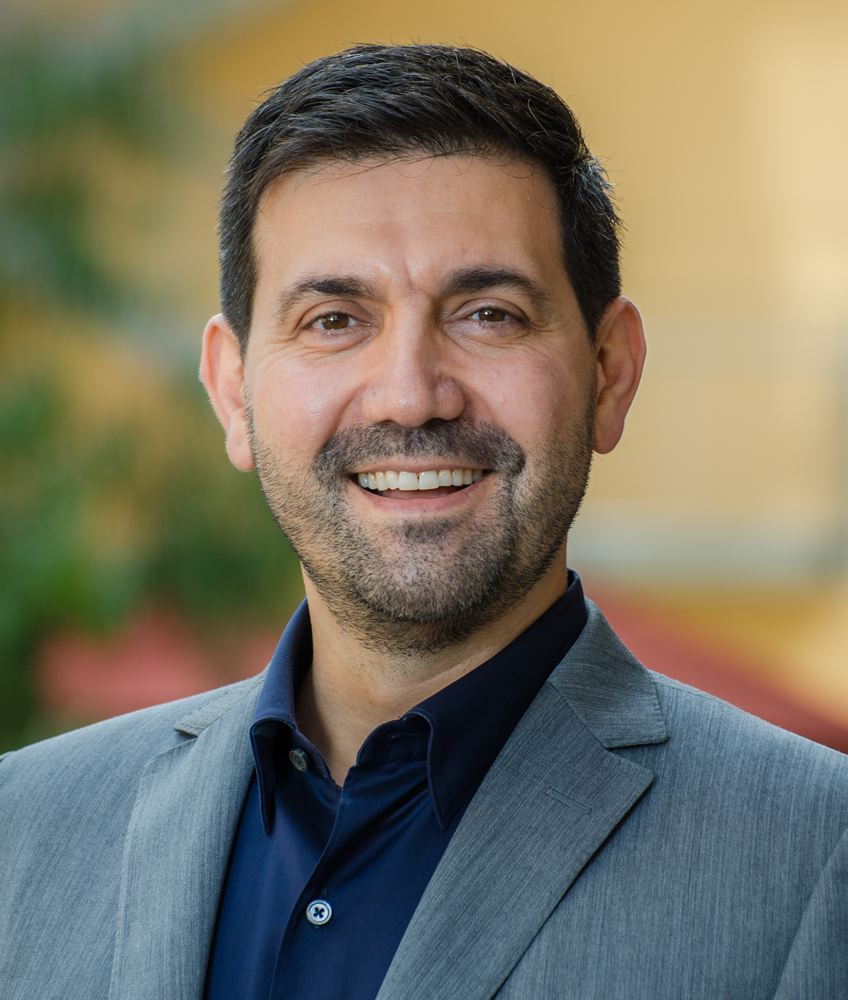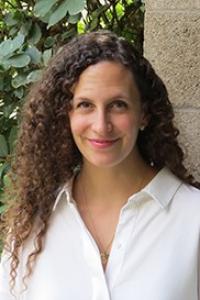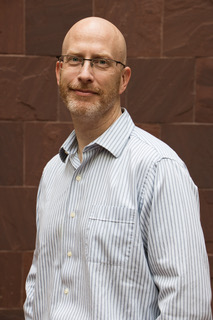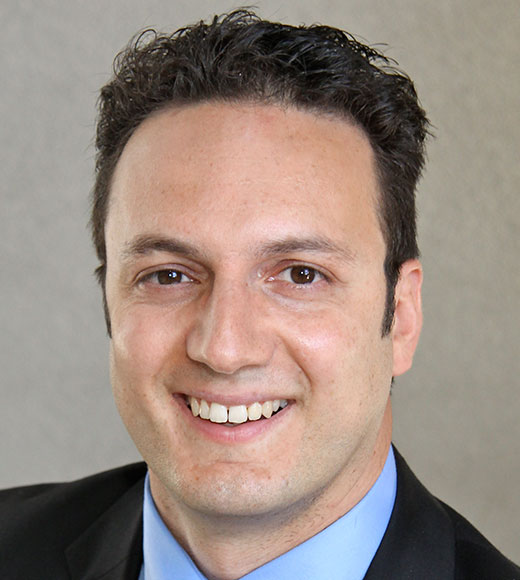FACULTY ADVISORY BOARD
Our faculty advisory board oversees and guides our Esports program to ensure it remains closely aligned with UCI’s overall academic mission of excellent research and education.

Erika Hayasaki
Erika Hayasaki teaches in the Literary Journalism Program at the University of California, Irvine. She is a journalist interested in the intersections of identity, race, class, psychology, science, technology, labor, history, and the human condition.
She is the author of The Death Class: A True Story About Life (Simon & Schuster, 2014), and Somewhere Sisters: A Story of Adoption, Identity and the Meaning of Family, (Algonquin Books, Hachette, 2022). Somewhere Sisters was named an NPR Best Book of 2022 and received a 2023 Nautilus Book Award in “Journalism and Investigative Reporting,” honoring books about social and environmental justice.
Erika’s longform feature stories appear in The New York Times Magazine, Wired, The Atlantic, Marie Claire, MIT Technology Review, Slate, The New Republic, The Guardian, Newsweek, Time, Glamour, Foreign Policy, and others. She is a former national correspondent for the Los Angeles Times, where she spent nine years covering breaking news and writing narratives.
André van der Hoek
From requirements to design to testing, software developers have to cover a lot of ground. Finding a way to facilitate their work keeps Professor André van der Hoek just as busy. “I’m interested in how expert developers actually design software,” he says. “By studying their day-to-day activities, we can uncover better ways for everyone to do their jobs.” It’s applied research that he also brings into the classroom. “Introducing students to real problems, with solutions tested in real-world settings, enables us to help them realize their potential and thrive,” he says. “It’s a tremendously cool job.”


John Joseph
John Joseph is an Associate Professor of Strategy at the University of California Irvine’s Paul Merage School of Business. John received his PhD from the Kellogg School of Management at Northwestern University. He also holds an MBA from the Wharton School at the University of Pennsylvania.
John has taught in the full-time, part-time and executive education programs at Kellogg, has taught in the core curriculum for Duke’s full-time MBA program, and now teaches core strategy (full and part-time) and executive education programs at UC Irvine. He is a decorated instructor who has received several teaching awards.
John’s research examines organizational designs for better strategic planning, technology development, and growth. His experience outside academia includes managerial positions in the technology, pharmaceutical and non-profit sectors.
Tara Rodman
Tara Rodman researches the circulation of performers and performance forms among Japan, Europe, and the US in the first half of the 20th century. They are interested in how the inescapabilty of the performer’s body serves to construct and congeal racial, ethnic, and national meanings, both on stage and off.
Her current book manuscript examines the Japanese modern dancer/choreographer Itō Michio. It argues that Itō forged an artistic and social identity out of the very categories of racial and national difference used to exclude Japanese from Euro-American society, and to define Japaneseness within Japan. Drawing together theatre, dance, and performance studies, modernist studies, and transnational Asian/Asian-American studies, this project demonstrates how modern artists refashioned alterity into a basis for creative freedom and freedom of movement.
Articles of hers have appeared in Theatre Journal (on the Kawakami troupe) and Theatre Research International (on The Mikado in post-war Japan). They have forthcoming contributions in the volume Dancing East Asia and the Routledge Companion to Butoh Performance. Reviews and encyclopedia articles have appeared in Theatre Journal, Theatre Research International, and the Routledge Encyclopedia of Modernism.


Craig Stark
The overarching theme of Craig Stark‘s research is in understanding the neural mechanisms underlying learning and memory, with a particular focus on the function of the hippocampus. Consistent with animal models, his lab is now exploring the benefits of environmental enrichment on memory performance and hippocampal function using a video game intervention paradigm. Playing video games that emphasize the exploration of a rich, novel environment leads to an improvement on independent measures of memory, an effect that we are now exploring in older adults possibly ameliorating age-related declines in memory.
Constance Steinkuehler
Constance Steinkuehler is a Professor of Informatics at the University of California, Irvine where she researches the cognitive and social aspects of multiplayer online videogames and esports. Her current projects include mixed methods research on the NASEF high school esports league, quantitative study of esports in higher education, and advice on parenting gamers. She chairs the Annual Esports Conference at UCI and the UCI Esports Program Task Force for Diversity and Inclusion.
Constance formerly served as Senior Policy Analyst under the Obama administration in the White House Office of Science and Technology Policy, advising on games and digital media. She is the founder and former President of the Higher Education Video Games Alliance, an academic organization of game-related programs in higher education.
She has a PhD in Literacy Studies, an MS in Educational Psychology, and three Bachelor Degrees in Mathematics, English, and Religious Studies.


Shauhin Talesh
Professor Talesh is an interdisciplinary scholar whose work spans law, sociology, and political science. His research interests include the empirical study of law and business organizations, dispute resolution, consumer protection, insurance, and the relationship between law and social inequality. Professor Talesh is considered one of the leading scholars on organizational responses to law and compliance and the relationship between insurance, regulation and inequality.
Talesh’s empirical research addresses the intersection between organizations, risk, and consumer protection laws, focusing on private organizations’ responses to and constructions of laws designed to regulate them, consumers’ mobilization of their legal rights and the legal cultures of private organizations. His most recent research focuses on how cyber insurance and insurance companies shape cybersecurity and privacy law compliance among private organizations. He previously published multiple articles on how insurance companies, through employment practice liability insurance, construct the meaning of compliance with anti-discrimination laws.
